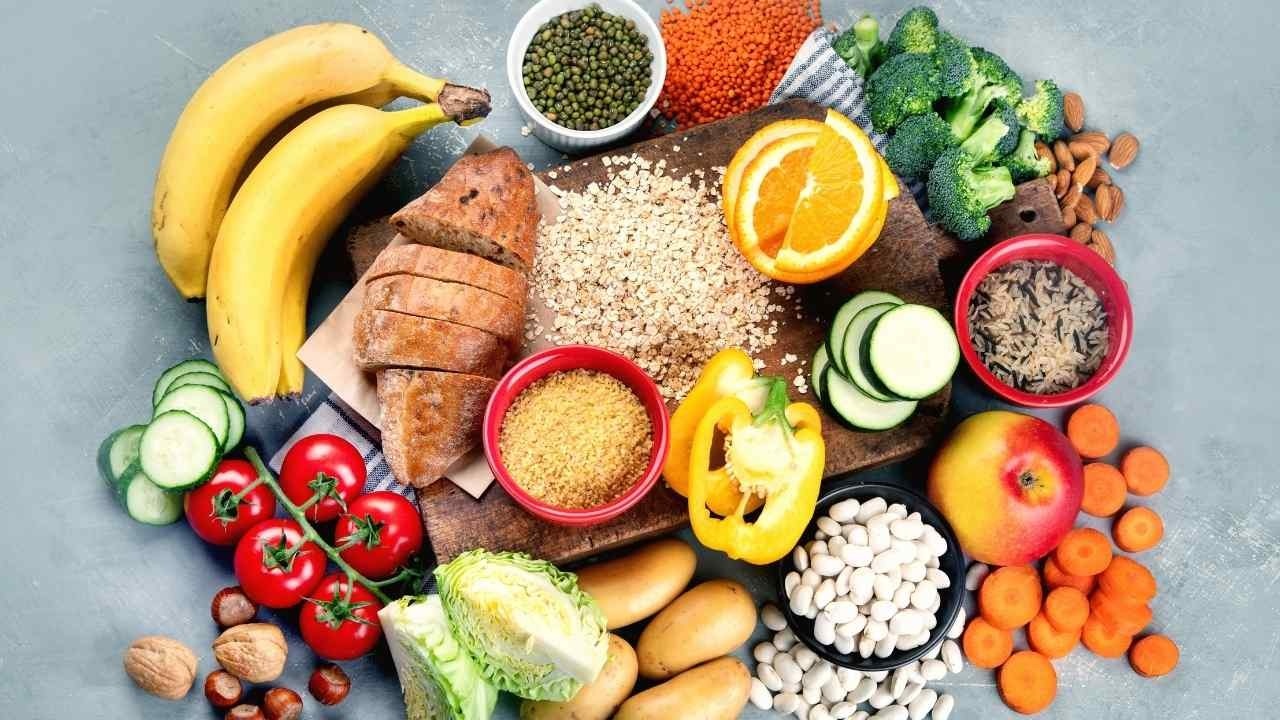
Why Active Women Need Carbs
Jun 28, 2022Here’s how to help your carb-phobic athletes embrace these fiber-rich foods.
By Selene Yeager
Back in the 90s women were taught to fear fat. We broke out the pasta and bagels, ditched the peanut butter, avoided avocados, and it turned out to be a bust for health and performance. Then the pendulum swung as it often does way over to the other side and women have been getting the message that they should be cutting carbs. But ditching whole grains (and even fruits and veggies in some cases!) makes no more sense now than fearing nuts and seeds did then.
Obviously, straight up sugary snacks and pastries are not exactly healthy foods. But whole grains, beans and legumes, fruits and vegetables, and other carb-rich, plant-based foods are, and active women perform best when they’re well fueled, which includes carbohydrates. Here’s how to coax your carb-phobic clients into including more of this essential macronutrient into their daily fueling routine.
Carbs help you hit high intensities: Sure you can train yourself to be a great fat burner and perform lots of low intensity exercise on a high fat diet. But if you want to hit high intensities and improve performance at the top end, carbs are king. One study on race walkers training and competing on either low carb or moderate/high carb diets found that training on a keto-style low carb diet impaired exercise economy (they needed more oxygen for a given pace) and blunted training induced performance improvements compared to diets that included more carbs.

Carbs are good for your head. Carbohydrates are the preferred fuel source for your brain. Fiber rich carbs are also good for your moods and mental health. Research finds that women specifically have an inverse association between moderate consumption of whole grain foods and anxiety.
Carb restriction is stressful. Carb restriction elevates your stress levels and increases your risk of iron deficiency and anemia. A 2022 study published in Medicine & Science in Sports & Exercise found that athletes who followed a low carb high fat (LCHF) diet for six days, had a higher inflammatory and hepcidin (which is linked to inflammation) response after exercise than they did when they were eating a higher carb diet. That’s a problem because hepcidin makes it harder to absorb iron after exercise. This study was in men, but women need to be especially cautious here, since they’re already at a higher risk for low iron and anemia.
Carb restriction is bad for your bones. Cutting out carbs may also be detrimental to bone health. A 2019 study investigated how diet and exercise impacted bone-health makers in elite endurance athletes after they spent 3 ½ weeks on a low carb high fat (LCHF) diet and then again after they started eating a higher carb diet. Markers of bone resorption increased and markers of bone formation decreased during the low-carb period, and those markers didn’t completely bounce back after the athletes resumed their higher carb intake. The authors concluded, “Long-term effects of such alterations remain unknown, but may be detrimental to bone mineral density (BMD) and bone strength, with major consequences to health and performance.”
Fiber feeds your gut microbiome. Your health and performance starts with your gut–specifically your gut microbiome, and that needs fiber to feed it. Fiber means complex carbohydrates. Most women only eat an average of 13.5 grams of fiber a day. That’s about half of the dietary guidelines of 25 grams. The easiest way to get more fiber — as well as a boatload of vitamins, minerals, and phytonutrients — is to eat more plant foods like vegetables, fruit, legumes (which are fiber powerhouses), nuts, roots, shoots, and whole grains
The best way to convince your athletes to include more carbs is to have them consume them around their training, where they’ll be able to feel the immediate benefit of hitting higher intensities and the faster recovery that comes from quickly restocking your glycogen stores after a hard workout.
Make your inbox Feisty
Get the latest in women's sports & performance news every week with The Feist. Read a sample newsletter here.
We hate SPAM. We will never sell your information, for any reason.

